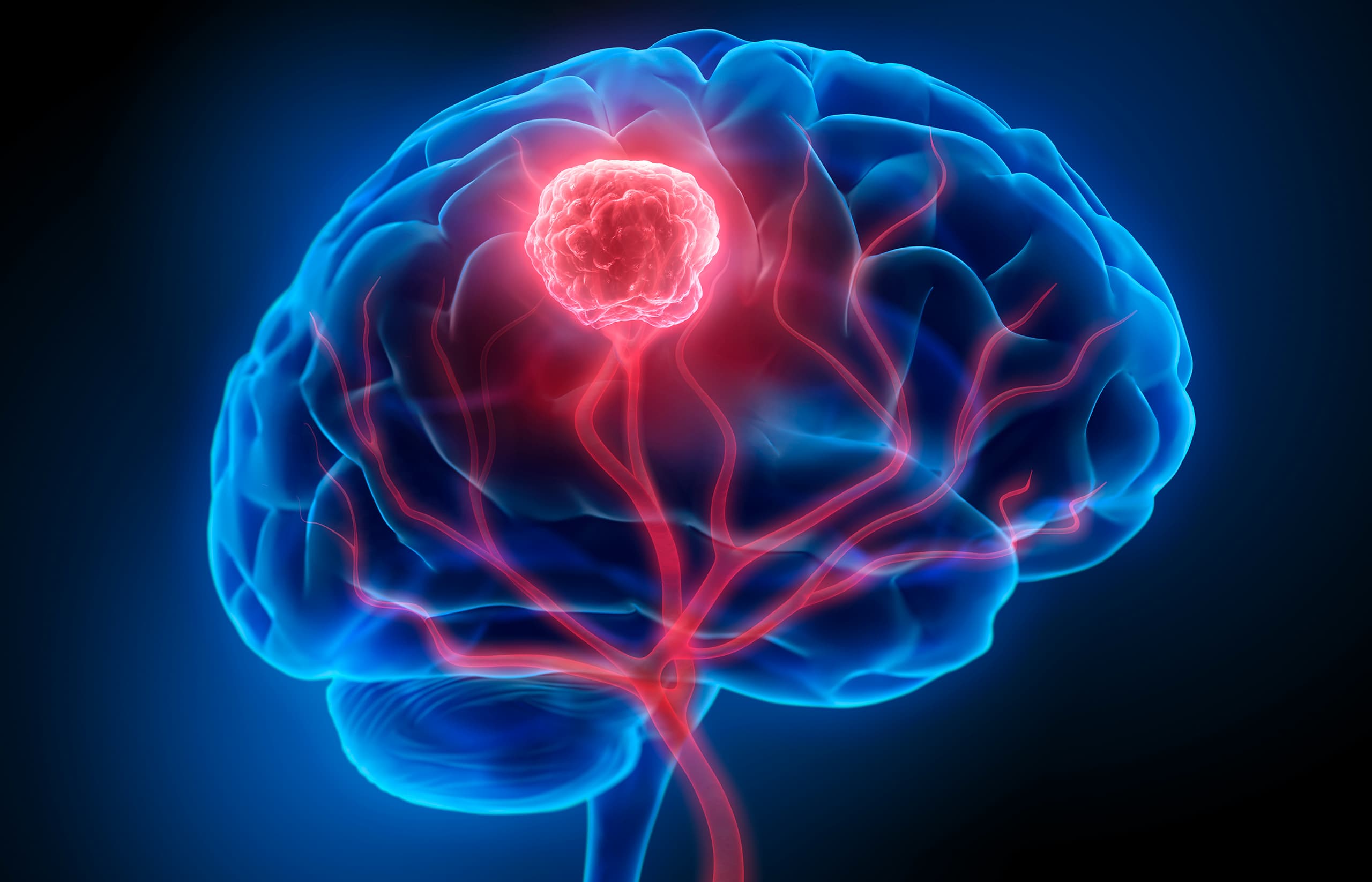Brain Tumors A Complex Neurological Condition
A brain tumor is an abnormal growth of cells within the brain. These tumors can be benign (non-cancerous) or malignant (cancerous).
Types of Brain Tumors
- Primary Brain Tumors: Originate within the brain tissue itself.
- Secondary Brain Tumors: Result from the spread of cancer from another part of the body, such as the lung or breast.
Symptoms of Brain Tumors
The symptoms of a brain tumor can vary depending on the location and size of the tumor. Common symptoms include:
- Headaches
- Seizures1
- Vision problems
- Difficulty speaking
- Balance problems
- Nausea and vomiting
- Changes in personality or behavior
Diagnosis
Diagnosing a brain tumor often involves a combination of tests, including:
- Neurological Exam: To assess cognitive function, motor skills, and sensory perception.
- Brain Imaging: CT scans and MRI scans to visualize the brain and detect abnormalities.
- Biopsy: To obtain a tissue sample for analysis.
Treatment
Treatment options for brain tumors depend on the type, location, and size of the tumor, as well as the patient’s overall health. Common treatments include:
- Surgery:2 To remove the tumor.
- Radiation Therapy: To3 kill cancer cells with high-energy rays.
- Chemotherapy: To kill cancer cells throughout the body.
- Targeted Therapy: To target specific molecules involved in cancer growth.
- Immunotherapy: To boost the body’s immune system to fight cancer cells.
Prognosis
The prognosis for brain tumors varies widely depending on the type, location, and stage of the tumor. Early detection and treatment can improve outcomes.
If you experience any symptoms of a brain tumor, it’s important to seek medical attention promptly. Early diagnosis and treatment can significantly impact the prognosis and quality of life for individuals with brain tumors.

